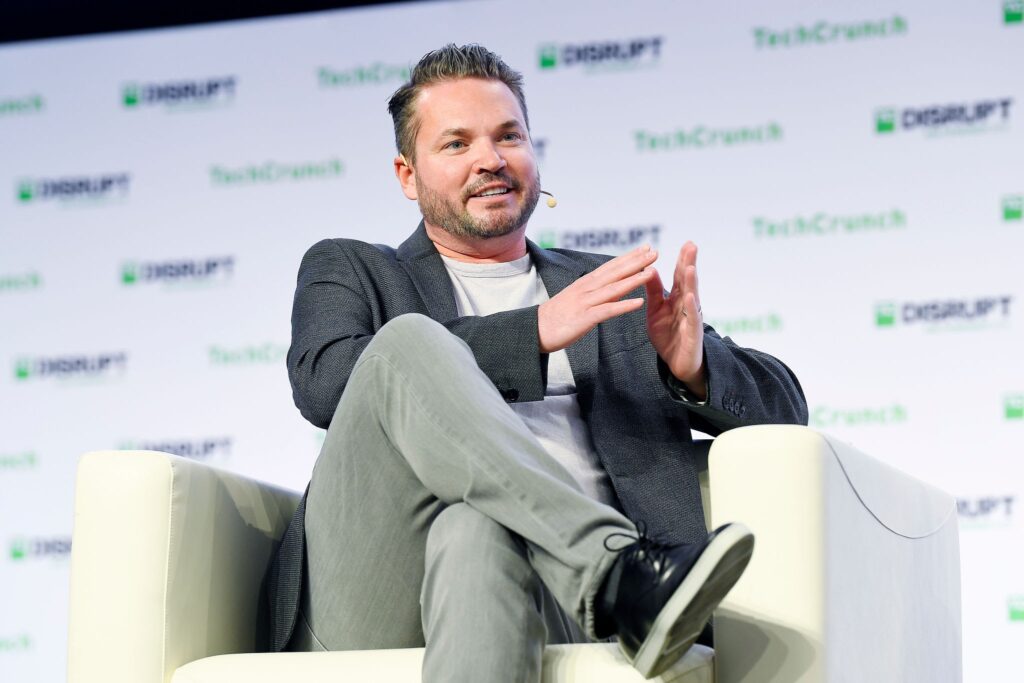And drilling down into the most recent activity, we see that there have been a smattering of “InsurTech” listings.
Among them: Lakeview Acquisition, a blank check firm that has filed for an IPO worth up to $250 million. Lakeview will reportedly target insurance firms, including InsurTechs, which per the SEC filing offer “great innovation and growth potential.”
Separately, Chinese InsurTech Waterdrop went public earlier in the month, raising $360 million in its own IPO (and via ADR).

Among the high profile names that have grabbed headlines that they’re headed to the public markets, as reported in this space in recent days: Bird, the electric scooter company. Bird is looking to go public with special purpose acquisition company (SPAC) Switchback II Corporation. The reported deal would value Bird at about $2.3 billion (as measured by enterprise value).
It should be noted that the $2.3 billion valuation would be lower than had been seen at the beginning of 2020 – and of course, the pandemic has upended all manner of businesses geared toward mobility. We contend that the “downsizing” of expectations takes into account the fact that the firm, as reported by dot.LA, has burned through $1.1 billion in cash raised since 2017, yet is continuing to show losses.
Drilling into the investor deck, Bird has stated that it operates in a $800 billion micromobility market, where 60 percent of all the 8 trillion trips taken globally are five miles or less.
Positive Projections
As has often been the case with SPACs (across all manner of listings), projections are robust. In Bird’s case, the financials reveal that in fiscal year 2019, the company saw 40 million rides across an average of 44,000 deployed vehicles (daily), a respective 67 percent and 91 percent jump from the previous year. The company saw rides plummet to 18 million in 2020. That translated to a decline in revenue from $151 million in 2019 to $95 million in FY 2020.
As for the projections: the company anticipates logging top line growth of nearly 98 percent in the current year, to $188 million – and in FY 2022 it predicts $401 million (up 114 percent) and $815 million in 2023, again north of 100 percent.
By that point – that $815 million year – Bird would see positive EBITDA (a rough measure of cash flow) at $144 million.
As the old saying goes, you’ve got to spend money to make money … and in the midst of the bid to go public, in the midst of the SPAC deal, money is being spent.
As noted in this space earlier in the year, Bird is launching an expansion across Europe and is setting aside $150 million for those efforts, broadening its reach and entering 50 new cities.
“Europe is playing a leading role not only in embracing micro-EVs, but in redesigning cities to safely promote their use,” said Travis VanderZanden, founder and CEO. Also last year, the company launched Bird Pay, a contactless payment option.
The ambitions are lofty, and the revenue projections would mark a high flier indeed — but time will tell if Bird will truly take flight as the pandemic recedes.









